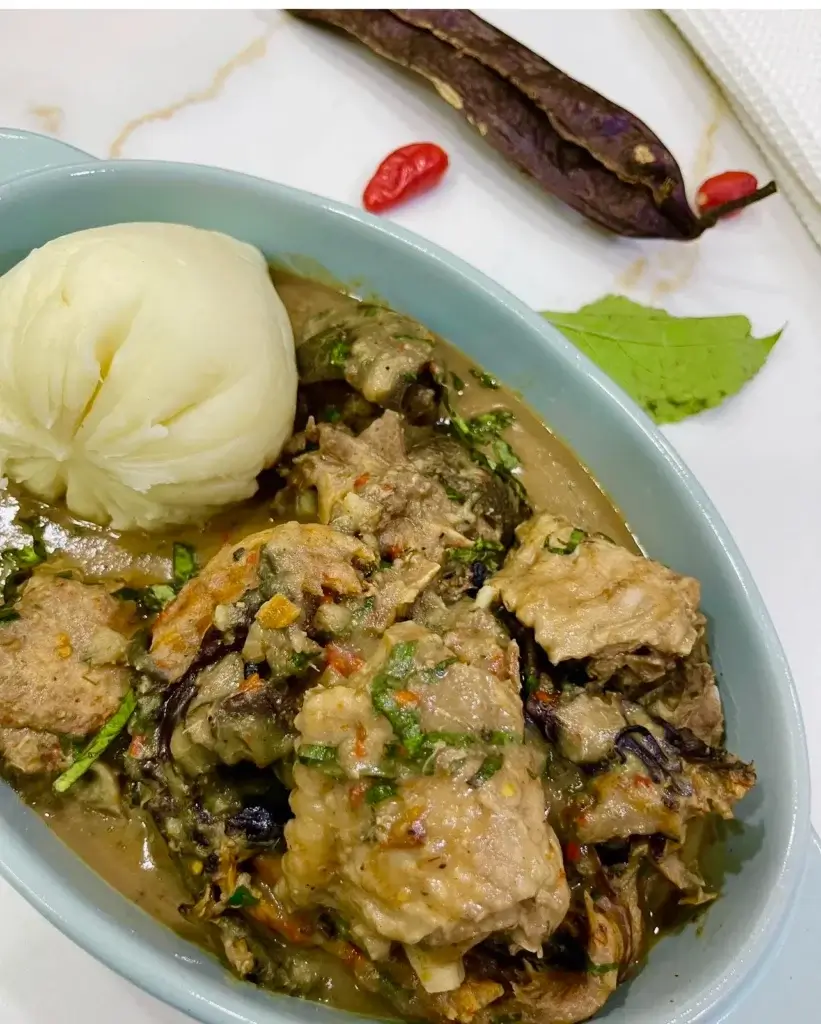
Duration: 1 month & 2 months
Next class start start date: 4th July
Thursday 10am- 2pm
Friday 10am – 2pm
Course Fee:
1 month – N250,000
2 months – 480,000
Registration fee: N20k
Includes starter pack, and all necessary food ingredients for the duration of the course.
1. Introduction to African Culinary Heritage:
- Overview of diverse African cuisines.
- Historical and cultural influences on African food.
2. Regional Cuisine Exploration:
- Study of cuisines from different regions of Africa.
- Highlighting key ingredients and cooking methods specific to each region.
3. Ingredient Identification and Sourcing:
- Identification of unique African ingredients.
- Sourcing and handling traditional spices, grains, and vegetables.
4. Traditional Cooking Techniques:
- Indigenous cooking methods and tools.
- Techniques for preparing staple foods.
5. Popular African Dishes:
- In-depth study of iconic dishes from different parts of Nigeria and some parts of Africa.
- Hands-on preparation of selected dishes.
6. Street Food and Snacks:
- Explore street food from various African cuisines.
- Techniques for creating savory and sweet snacks.
7. Beverages and Libations:
- Traditional beverages.
- Techniques for preparing unique African drinks.
8. Fusion Cuisine:
- Creative blending of traditional African flavors with modern techniques.
- Developing fusion recipes.
- Accommodating dietary preferences and restrictions.
- Understanding the role of food in cultural practices.
9. Food Presentation and Plating:
- Traditional and contemporary plating techniques.
- Emphasis on aesthetic presentation.
10. Nigerian Party food
11. Eastern cuisine ( Ibo traditional delicacies)
12. Riverine cuisine (Niger Delta delicacies)
13. Yoruba cuisine
14. Hausa cuisine
15. Efik cuisine
African Culinary Arts course

African Culinary Arts course
Duration: 1 month & 2 months
Next class start start date: 4th July
Thursday 10am- 2pm
Friday 10am – 2pm
Course Fee:
1 month – N250,000
2 months – 480,000
Registration fee: N20k
Includes starter pack, and all necessary food ingredients for the duration of the course.
What you will learn
1. Introduction to African Culinary Heritage:
- Overview of diverse African cuisines.
- Historical and cultural influences on African food.
2. Regional Cuisine Exploration:
- Study of cuisines from different regions of Africa.
- Highlighting key ingredients and cooking methods specific to each region.
3. Ingredient Identification and Sourcing:
- Identification of unique African ingredients.
- Sourcing and handling traditional spices, grains, and vegetables.
4. Traditional Cooking Techniques:
- Indigenous cooking methods and tools.
- Techniques for preparing staple foods.
5. Popular African Dishes:
- In-depth study of iconic dishes from different parts of Nigeria and some parts of Africa.
- Hands-on preparation of selected dishes.
6. Street Food and Snacks:
- Explore street food from various African cuisines.
- Techniques for creating savory and sweet snacks.
7. Beverages and Libations:
- Traditional beverages.
- Techniques for preparing unique African drinks.
8. Fusion Cuisine:
- Creative blending of traditional African flavors with modern techniques.
- Developing fusion recipes.
- Accommodating dietary preferences and restrictions.
- Understanding the role of food in cultural practices.
9. Food Presentation and Plating:
- Traditional and contemporary plating techniques.
- Emphasis on aesthetic presentation.